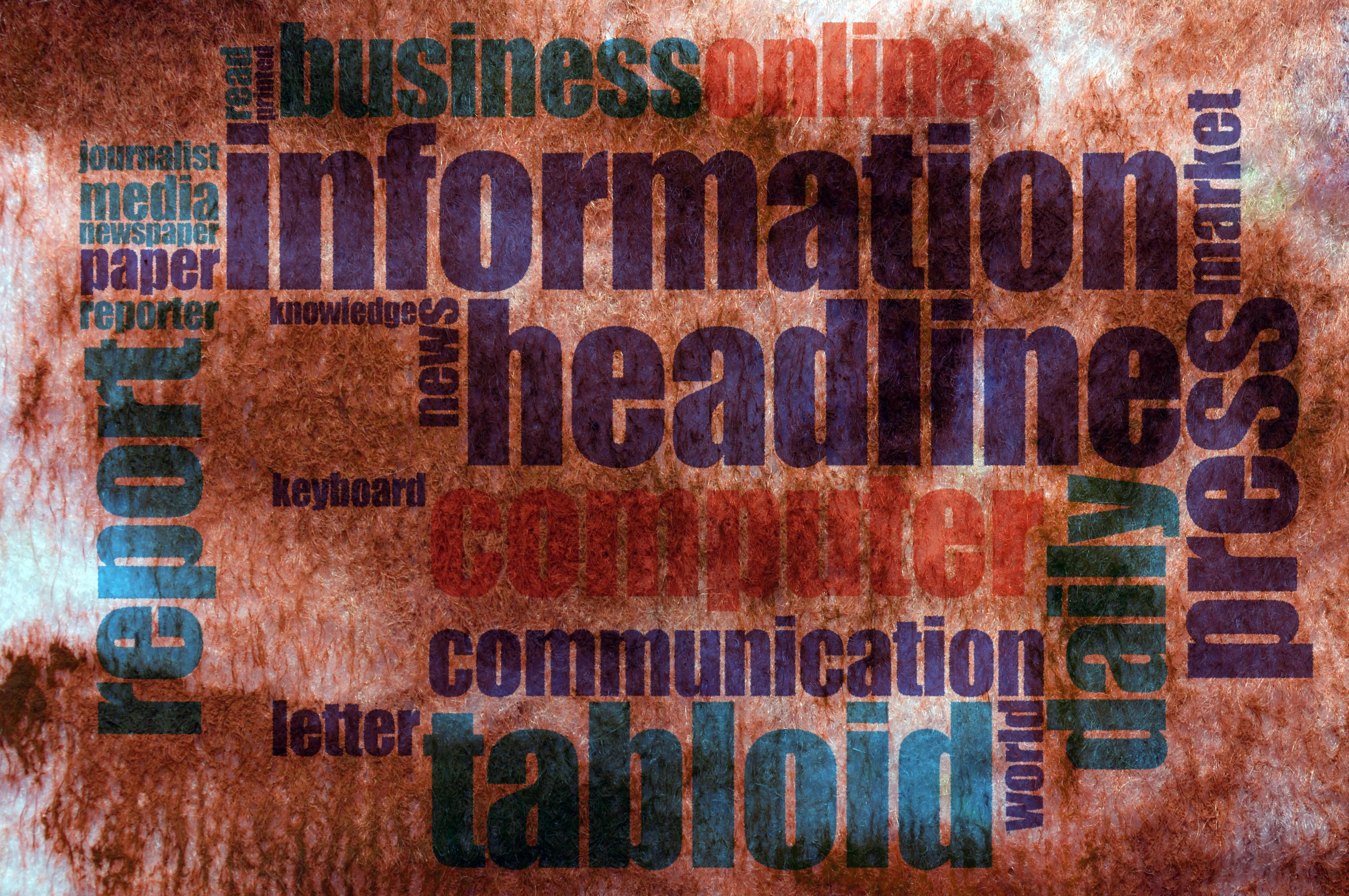Why Even Some Journalists Support News Moderation

When Andrew Sullivan was a PhD student at Harvard, he traveled to Dorset, England to visit the home of the philosopher Michael Oakeshott, who was then in his 80s. Sullivan was at work on his dissertation, which explored Oakeshott's political philosophy and would come to be titled Intimations Pursued: The Voice of Practice in the Conversation of Michael Oakeshott. As Sullivan tells it, during the visit, the conversation turned to Sullivan's plans for after graduation, and he told Oakeshott that he planned to go into journalism rather than academic philosophy. To this, Oakeshott -- visibly disappointed -- replied, "I've always thought the need to know the news every day is a nervous disorder."
In January of last year, the Swiss author Rolf Dobelli published his latest book, Stop Reading the News: A Manifesto for a Happier, Calmer and Wiser Life. The book emerged, in large part, from a 2013 essay Dobelli published on his website that outlined fifteen reasons why he believed people should avoid consuming news altogether. The essay, which attracted significant attention at the time and was republished in part at The Guardian, was perhaps most famous for the claim that "...news is to the mind what sugar is to the body...Today, we have reached the same point in relation to information that we faced 20 years ago in regard to food. We are beginning to recognise how toxic news can be." Surprisingly to some, Dobelli's general premise did not resonate only with the typical skeptics of the news media; it was also endorsed -- at least in part -- by some prominent journalists and editors.
Among Dobelli's primary criticism of reading (or—more accurately, today—scrolling through) news story after news story is that it tends to engender in the reader a habit of thinking superficially rather than carefully or circumspectly. News stories, after all, tend to be short; they often begin with their most provocative point, and, as we know all too well, they tend to prioritize the gripping or anxiety-provoking over the subtle, or even the full picture of things. As Dobelli puts it, "Thinking requires concentration. Concentration requires uninterrupted time. News pieces are specifically engineered to interrupt you...News makes us shallow thinkers."
Continuing on to argue that "consumption of news is irrelevant to the forces that really matter in your life" and that news is often just thinly-veiled entertainment, he also urges a moment of introspection for us, readers of news: "Out of the approximately 10,000 news stories you have read in the last 12 months, name one that -- because you consumed it -- allowed you to make a better decision about a serious matter affecting your life, your career or your business." This is often true of various types of news, including ones perceived as more useful such as financial news. For instance, as Bill Alpert drew attention to in a 2007 Barron's piece on Jim Cramer's CNBC show Mad Money, Cramer's stock picks over the previous two year period had underperformed both the Dow and the S&P 500. Viewers, thus, would have been better off buying an index fund and going for a walk each evening at six rather than tuning into CNBC.
In my view, however, Dobelli's most compelling assertion is as follows: "I don't know a single truly creative mind who is a news junkie -- not a writer, not a composer, mathematician, physician, scientist, musician, designer, architect or painter. On the other hand, I know a whole bunch of viciously uncreative minds who consume news like drugs." Insofar as this is true, there appears to be a quality about news -- at least as the craft is currently, widely practiced -- in which the essence of things is obscured both in the minutiae, as well as in the exhausting drip drop of "Can you believe its?"
So for the approximately two-thirds of Americans who "look at news at least several times a day," one wonders if some of their time could be better spent. As I see it, compulsively checking news is most frequently associated with an incorrect illusion of control over global events. With that said, any given citizen has some ability to influence matters through voting, advocacy, and persuasion (the last of which is the essence of democracy, after all), and these rest partially on a general familiarity with current events. As such, few would likely argue for a complete abstention from following current events. To this point, Dobelli argues that one can opt to read "specialized journals, in-depth magazines or good books" and to supplement this by "talking to the people who know." This must be preferable to waiting mouth agape for the latest update out of Capitol Hill or Hollywood.
News reporting -- particularly online and on cable television -- tends, furthermore, to provide incomplete snapshots of unfolding events; is there really that much advantage to be gained from knowing an event took place the instant after, as opposed to a few days later when the dust has settled, and the fallout can be digested and articulated in a more thoughtful manner than in breaking news reporting? This, after all, is similar to why some commentators eschew posting on social media; the most immediate hot-takes tend to be the most unnecessarily emotionally-charged and the least aware of the whole story.
So, even if one elects not to go as far as Dobelli advocates (or dissents from Oakeshott's characterization of news consumption as a nervous disorder), limiting the time one spends scarfing down news might do something to mitigate one of our current era's most pernicious tendencies. This is the propensity (motivated often by the aforementioned illusion of control) to have a strident opinion on just about every issue that comes down the pike and then, as busybodies tend to do, reexamine, reconsider, or seek to tweak just about everything. So, diverging from the typical, canned advice that the solution to various social or political ills is to be more on top of current events (i.e., to consume more news), perhaps the solution is precisely the opposite, or at least to be more discerning about which types of news or commentary one spends time with; for instance, the thoughtful magazine or journal piece likely has an advantage over the headline ticker. But then again, one can always just read a book, watch a film, or take up tennis instead.
Click the social buttons to share this story with colleagues and friends.
The opinions expressed here are the author's views and do not necessarily represent the views of MediaVillage.com/MyersBizNet.


